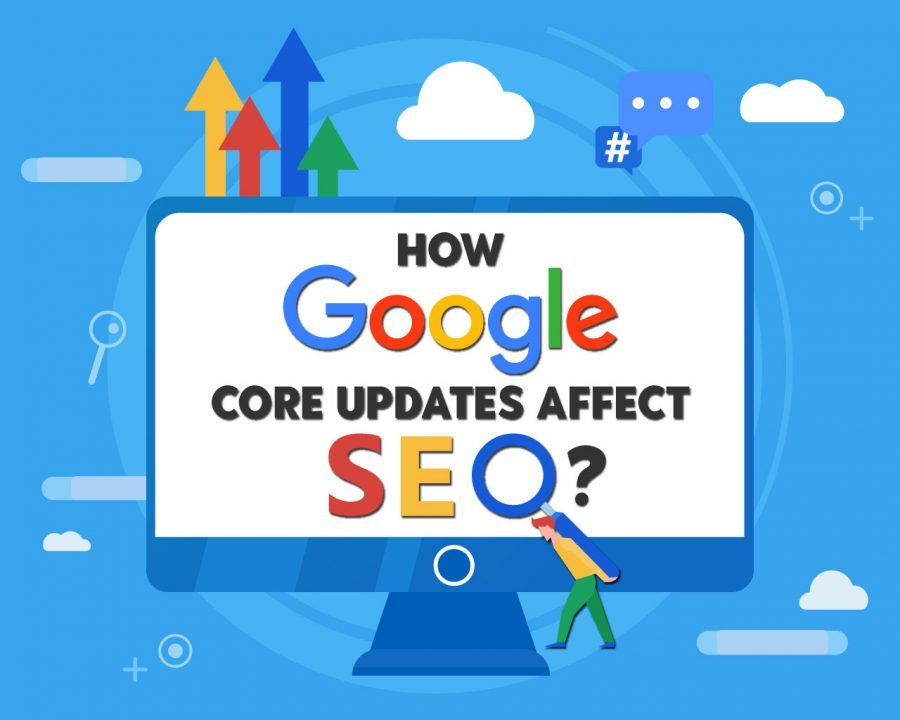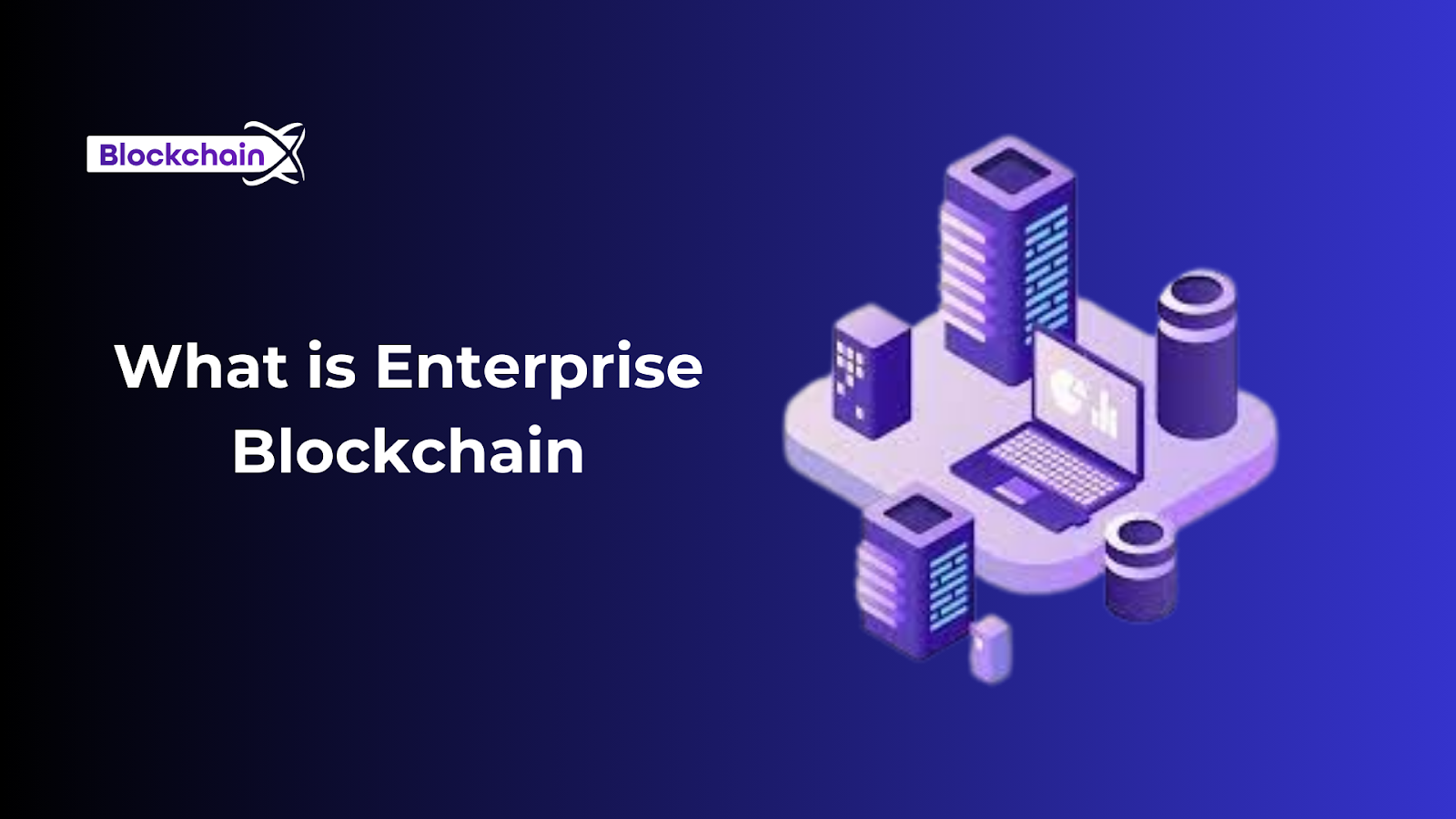If you’re part of an SEO company then it’s important for you to always stay abreast of the many changes that have been implemented in Google’s search function. It’s likely that the changes are a result of Google’s core updates. With these major updates, a range of minor and drastic changes can be found in the search engine’s algorithms. One of the primary reasons why core updates are rolled out, is to make the search engine experience better for the user. For example, some core updates may tailor results more towards the user’s intent — meaning that SEO companies would have to fit their services to these changes as well.
On the other side of the coin, however, google core updates may also have a slew of negative impacts for organizations and their websites. Some negative effects that one can normally find, include a ranking flux, content penalizing, decreased website traffic, and so on. You should understand, however, that there are many other factors that can affect these results. Nevertheless, these major core updates by Google do play a big part in affecting SEO search rankings. Continue reading to learn more.
Makes searches more relevant to the user
A major change that seems to stem from Google core updates has a lot to do with making the searches more relevant to the user, or the one making use of the search engine. In Layman’s terms, this means that Google “filters” out websites which do not really offer content that that user might be looking for.
There are different types of search intent, and they can be classified according to: commercial investigation, navigational, informational, and transactional. For example, if you were looking for a site that tells you how to do a particular thing — let’s say, installing a computer game — then you’d likely be more inclined to visit websites that offer a clear, step-by-step solution to your problem, hence, an informational type of scenario. All of these fall under the principle of Google’s E-A-T, or Expertise, Authoritativeness, and Trustworthiness.
Some core updates that were released in 2020 in particular, focused on this principle, which allowed users to more quickly navigate the search engine and find what they were looking for.
Ranking volatility
As mentioned before, ranking volatility is one of the key effects of the core updates. Websites which may previously rank on the top two of a search engine results page may find themselves ranking lower. Subsequently, websites who belonged in the lower spots may eventually find themselves ranking higher compared to before.
Companies who are outsourcing SEO services might not necessarily understand why they’re experiencing these fluctuations in their rankings. The provider of these SEO services may likewise attribute the dip/increase in ranking to the core updates — provided that they’re doing everything correctly with the post links, or protocols.
One update in particular which exhibited this kind of ranking behavior is Google’s May 2020 update. This may also likely have been affected by external situations, like the pandemic. It’s understandable that searches relating to tourism, real estate, or exhibition shows for example, won’t happen as frequently as it did in the past, thereby inevitably leading these websites from achieving a higher ranking.
Penalties on your content
Penalties more frequently occur across websites that make use of black hat SEO techniques. While there is no overarching authoritative body that clearly defines what SEO techniques can and cannot be used, there is a set of webmaster guidelines that have been defined by Google. These guidelines are intended for websites to implement only white hat techniques, or best practices when it comes to ranking their websites.
Core updates may also see the imposition of certain penalties, especially for those websites which do not meet the standards that have been set forth by google. An example would be websites which do not regularly post valuable content on their pages. In the event that they do publish blog posts for example. There’s really nothing worthwhile about the content due to their shoddy nature. This might be due to the lack of information presented, style of writing, or lack of authoritativeness.
These posts are denoted as “thin content” simply because they don’t really have any use for the searcher. If you think your website falls into this category, then you might want to expect penalties such a dip in the rankings, or worse — temporary or permanent removal from the SERPs.
Shift in keyword importance
Of course, Google core updates change many of the SEO strategies that have been implemented in the past. In the past, the search function worked in such a simple way — it was relatively easy for websites to garner a higher ranking. Keywords stuffing might have worked in the past, but because of core updates like Panda and Hummingbird, there has been a renewed focus away from keywords.
This doesn’t mean that keywords aren’t important nowadays — they still are. It’s all about putting oneself in the shoes of the user and trying to decipher what they’re expecting out of the search engine. Instead of placing multiple keywords in different parts of a blog post content, for example, there is a shift towards figuring out the most strategic location to place the keywords. This not only makes the content more readable and accessible to the user, but also promotes good SEO tactics that are aligned with Google’s webmaster guidelines.
Key Takeaway
It’s important for an SEO company to be able to identify how Google core updates affect its services. This not only enables them to provide an explanation for the clients who are making use of the service, but also encourages them to continue making use of SEO best practices.
Some of the effects that may take place as a result of the release of these core updates include: a dip in rankings, content penalizing, or a shift in the importance of SEO techniques. Being aware of these crucial changes is one of the keys to achieving better SEO results.



